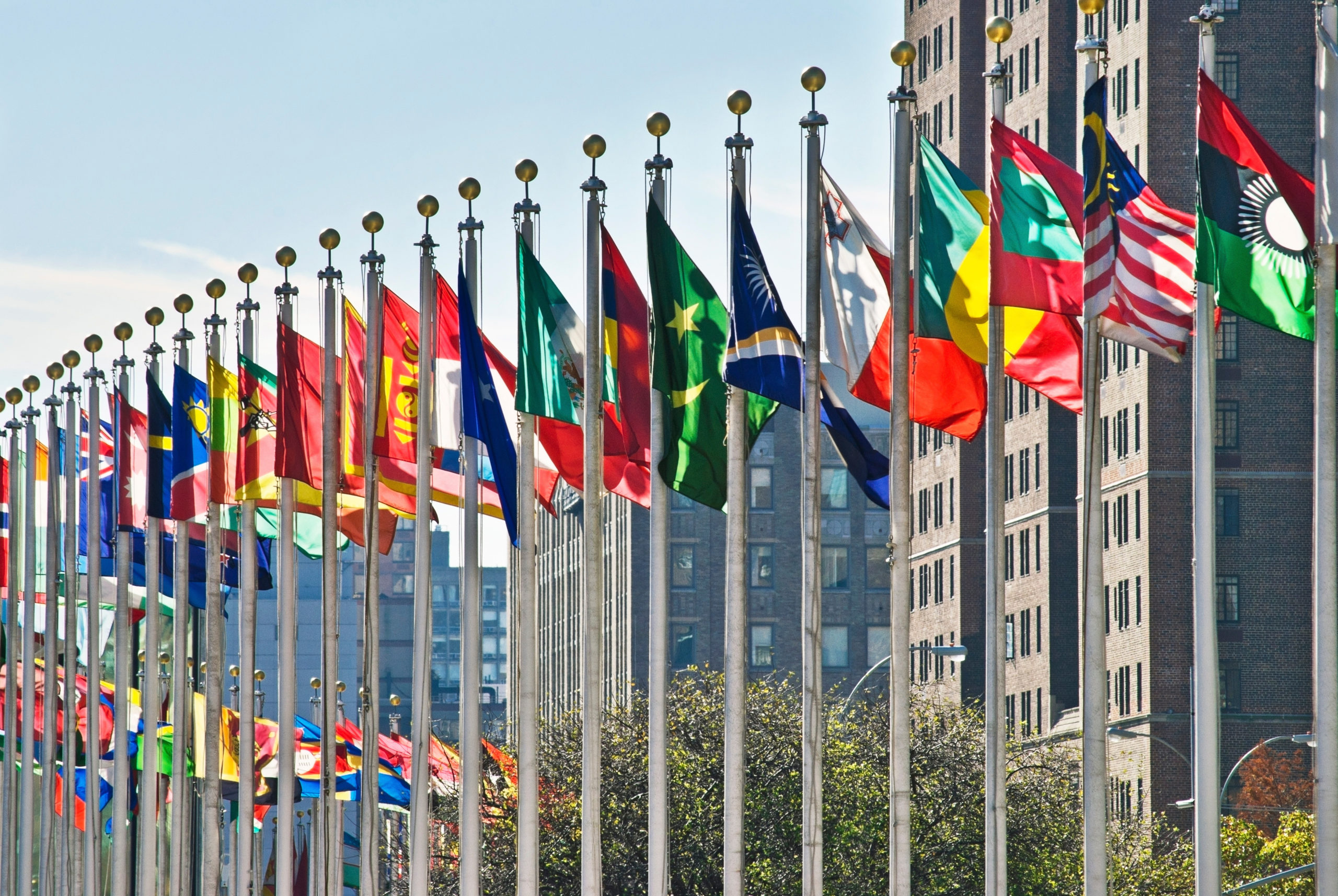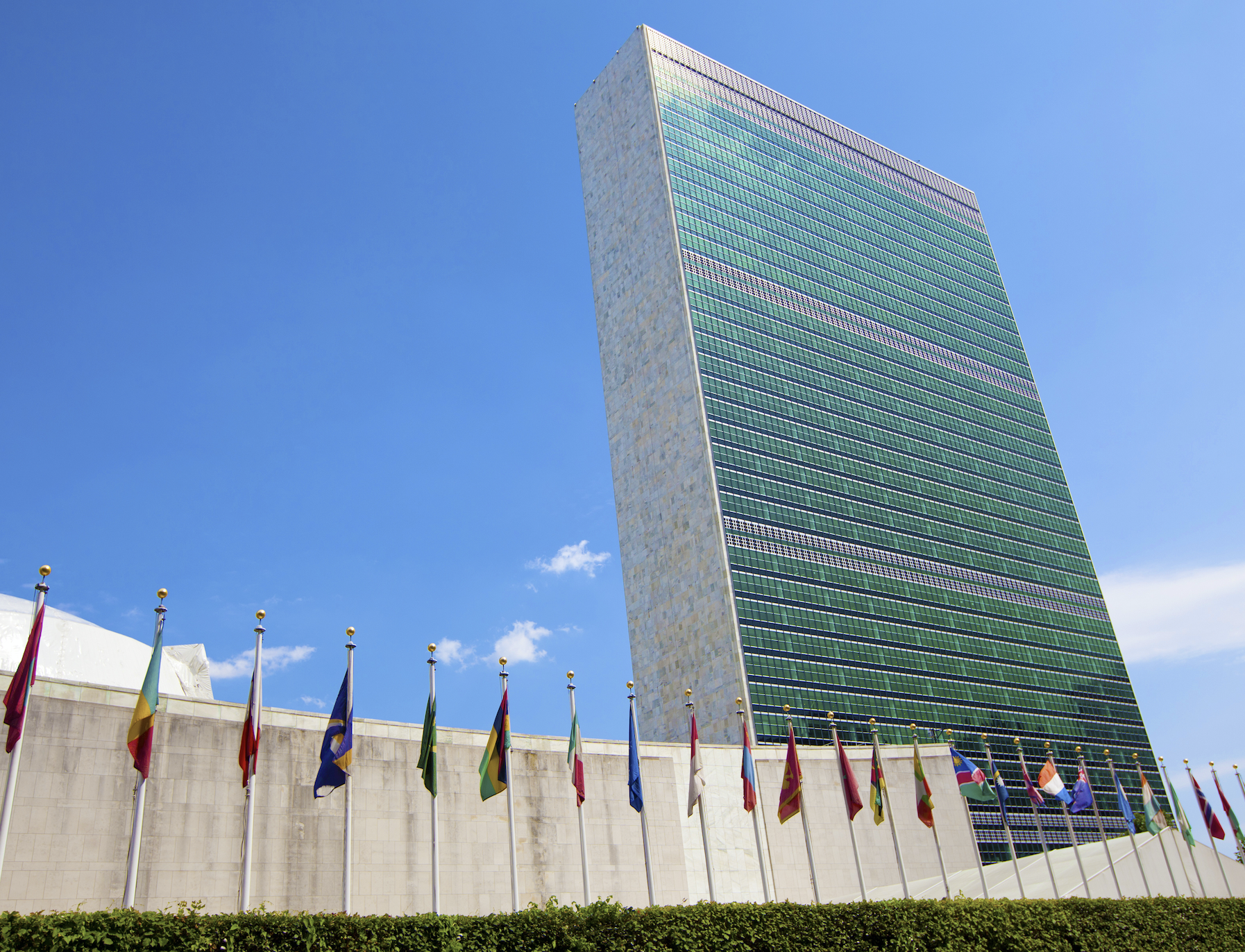The United Nations (UN) was created in 1945 to maintain peace among the nations as…
Neydy Casillas, Esq.March 1, 2022
CWA's Vice President for International Affairs, Dr. Shea Garrison, teamed up with Emilie Kao, director…
Dr. Shea GarrisonApril 14, 2020
United Nations headquarters in New York City, USA CWA’s Dr. Shea Garrison, the organization’s Vice President of…
Dr. Shea GarrisonOctober 1, 2019
Last week the 74th meeting of the United Nations General Assembly (UNGA) met in New…
Ashley TraficantOctober 1, 2019
The Commission on the Status of Women (CSW 63) came to an end this week…
Dr. Shea GarrisonMarch 26, 2019
This week, government delegates and non-governmental organizations from all over the world met in NYC…
CWALAC StaffMarch 22, 2019



